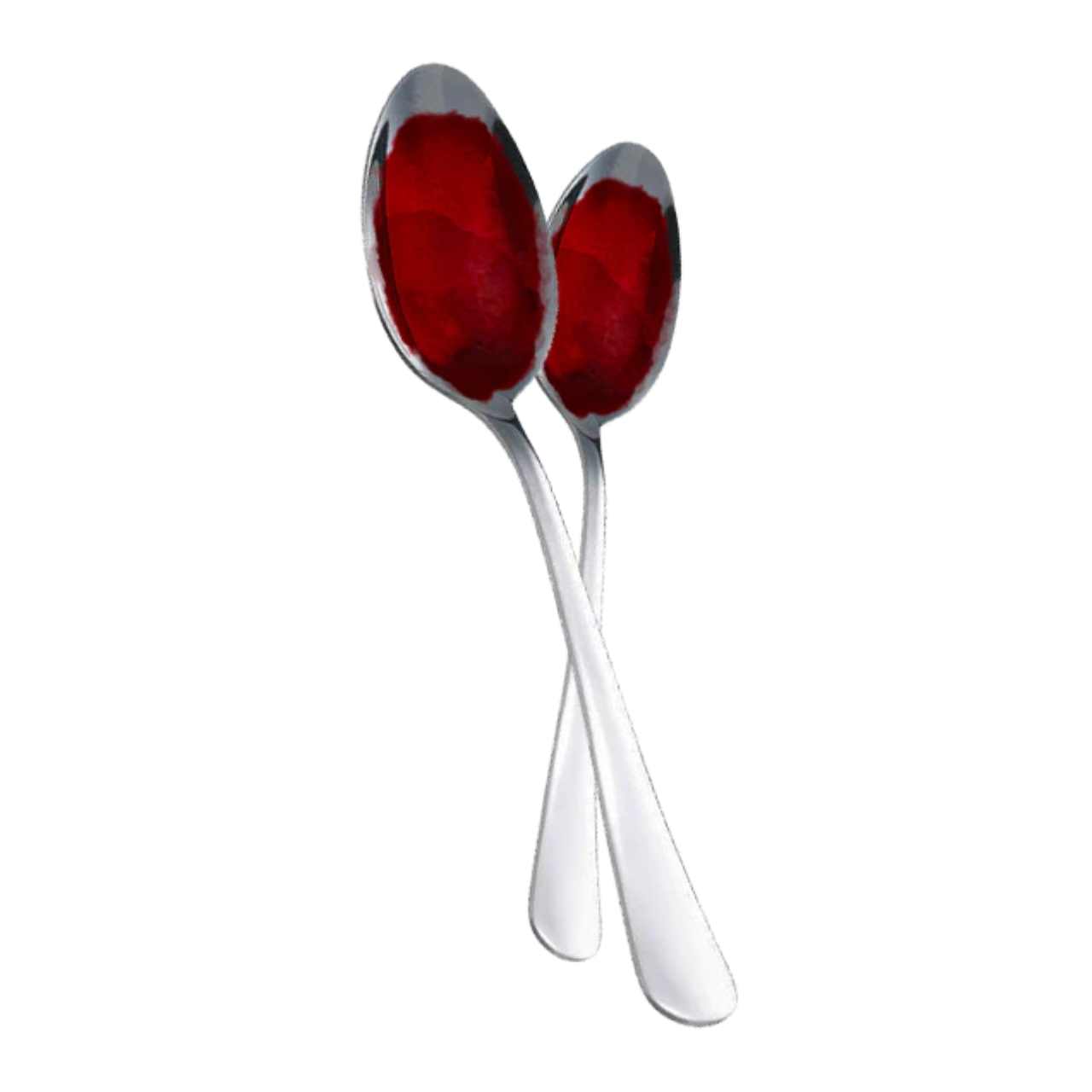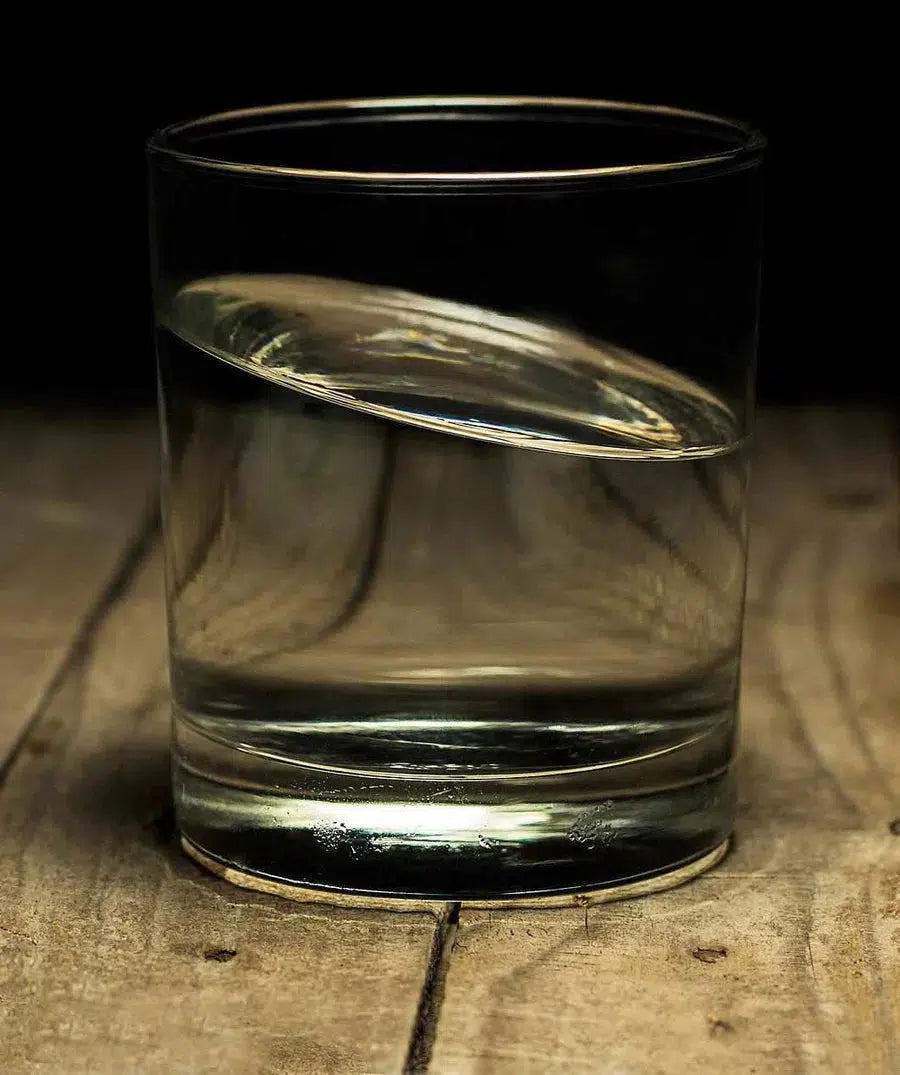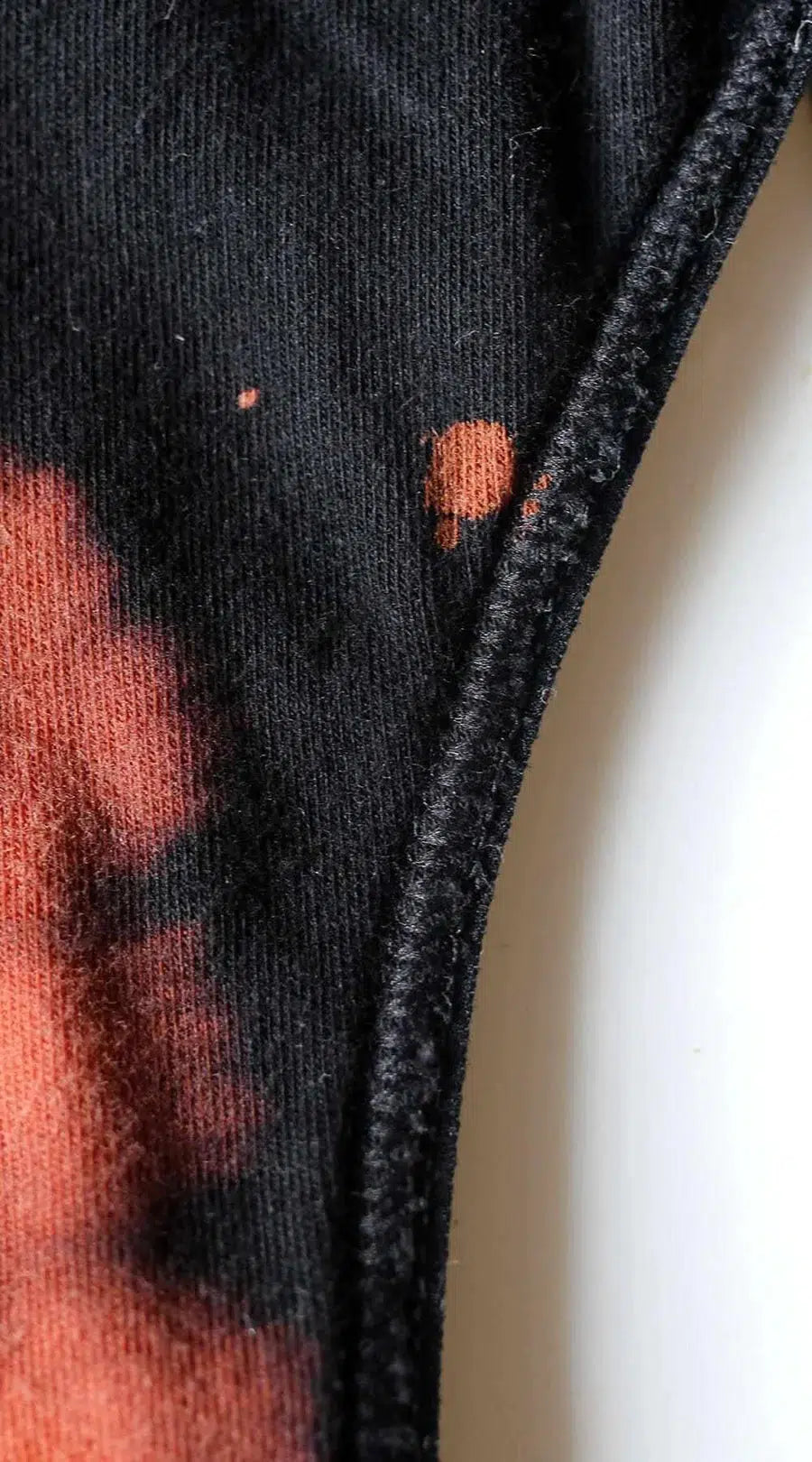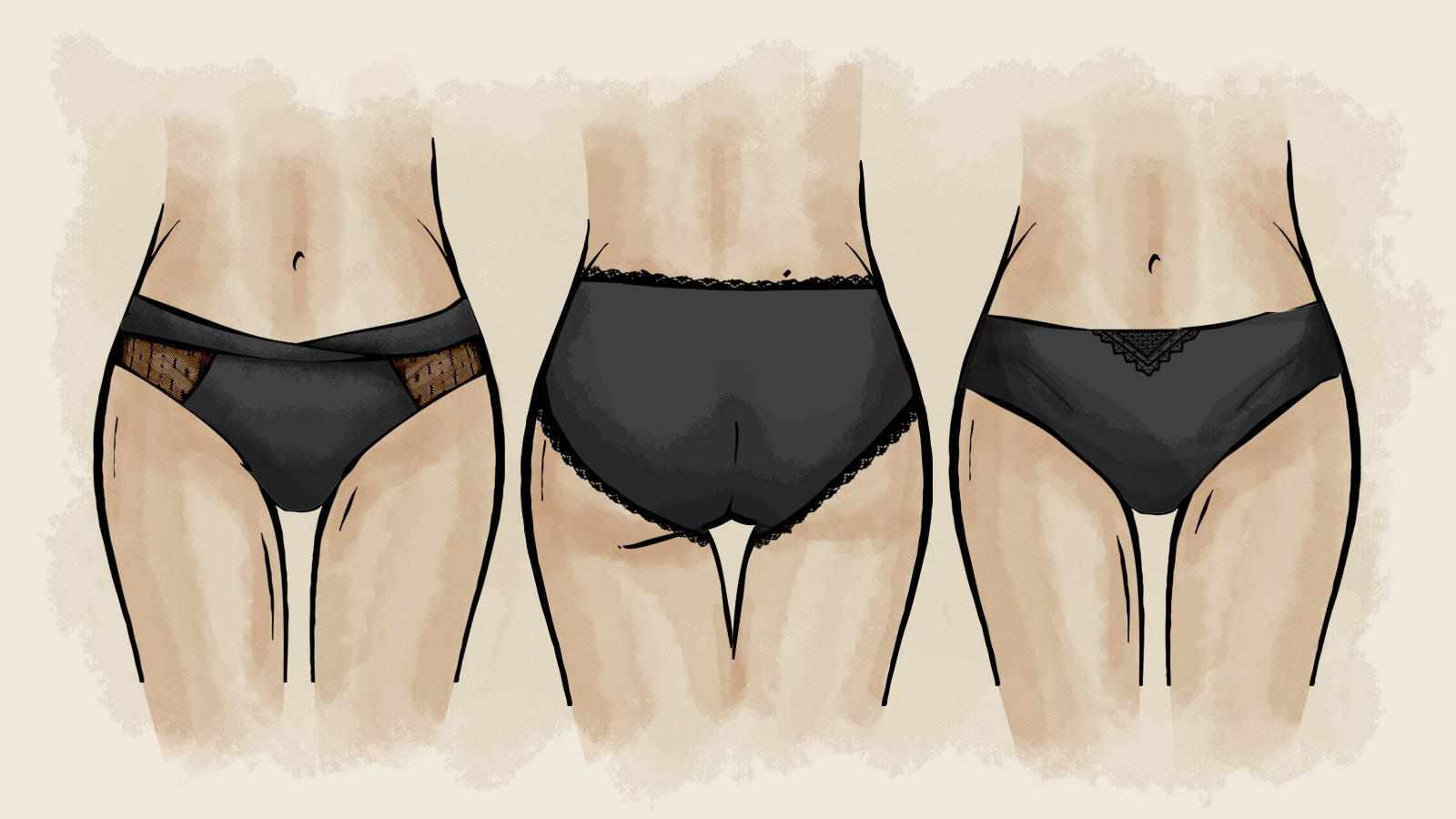Tout savoir sur votre flux menstruel

VISCOSITÉ ET ÉCOULEMENT DES RÈGLES
Comment est mon flux menstruel ?
Nos culottes de règles sont faites pour tenir jusqu'à 12 heures et jusqu'à 4 tampons en terme d'absorption pour notre modèle le plus absorbant, mais c'est une estimation maximale qui dépend de plusieurs facteurs.
Parmi eux, il y a notamment la viscosité du flux : certaines ont des saignements très liquides, tandis que d'autres ont des règles plus visqueuses, avec caillots. Et rien d'anormal !
Un flux très liquide pourra s'écouler plus vite que la vitesse d'absorption de la culotte, alors qu'un flux plus visqueux lui laissera davantage le temps de faire son travail !
On considère un flux comme moyen si les saignements totalisent environ 40 à 50ml sur un cycle... soit à peine le quart d'un verre d'eau ! En dessous de 30ml par cycle, on parle de flux légers. Au delà de 60ml, ce sont des flux abondants voir hémorragiques. A titre de comparaison, la contenance d'une cup menstruelle est autour de 25ml. Pour connaitre l'abondance de votre flux, faites notre test de Higham !
Quoiqu'il arrive, le mieux est d'abord de faire quelques tests avec une ou deux culottes menstruelles avant de vous équiper davantage, car les ressentis et l'efficacité de la lingerie menstruelle peuvent être très variables.
Nous ne saignons pas toutes de la même façon !

UN FLUX CENTRAL ?
Quel est le sens de mon flux menstruel ?
La forme des lèvres et vos positions quotidiennes agissent également sur l'orientation de votre flux.
Certaines femmes ont un flux très central, qui s'accumule au centre de la culotte, endroit le plus étroit, la faisant déborder rapidement, alors que le reste de la zone absorbante est loin d'être saturée. Celles dont la direction du flux est vers l'avant ou l'arrière bénéficient généralement d'une durée de port plus importante avant la saturation de la zone absorbante !
Ce n'est en rien une fatalité, car il est possible d'utiliser des pétales interlabiaux pour rediriger le flux et ainsi avoir une meilleure répartition des saignements.
Cela explique pourquoi certaines femmes avec un flux abondant tiennent sans problème toute une journée, tandis que d'autres avec un flux qui s'écoule plus faiblement ne durent parfois que quelques heures...C'est très personnel !
A chacune son flux

ÇA FAIT TÂCHE
Qu'est ce que les pertes acides ?
Certaines femmes observent parfois des tâches claires sur la zone absorbante qui ne partent pas au lavage. Il s'agit en effet d'un phénomène de décoloration qui peut arriver lorsqu'on a des sécrétions vaginales un peu plus acides. Cela décolore juste le coton mais n'affecte en rien le bon fonctionnement de la culotte.
C'est un problème qui est propre à toutes les culottes au fond noir (menstruelles ou non) car cela dépend de notre acidité personnelle (des pertes blanches comme du sang), qui peut d'ailleurs varier et être plus ou moins importante au cours d'un même cycle. Un fond absorbant de couleur plus claire laisserait quand à lui irrémédiablement des traces de sang après lavage, c'est pourquoi l'écrasante majorité de la lingerie menstruelle est noire à l'intérieur !
Cela n'épargne pas les cotons bio et les tissus certifiés Oeko-tex et n'est en aucun cas un signe de mauvaise qualité des matières. Cela dépend des matières, des teintures utilisées et de l'acidité du flux : c'est pourquoi certaines culottes réagissent, et d'autres non ! Il ne s'agit cependant que d'un aspect esthétique qui n'entrave en rien l'efficacité des culottes menstruelles. Cependant, certaines pertes très acides peuvent même aller jusqu'à causer de petits trous dans la fine épaisseur de coton.
Nous conseillons de vous changer plus régulièrement et de rincer rapidement votre lingerie après l'avoir portée si vous ne souhaitez pas trop altérer l'esthétique intérieure de vos culottes. Pour les minimiser, il faut les rincer à l'eau froide et sans savon le plus vite possible après les avoir portées, puis les passer en machine.

SATURATION DE LA ZONE ABSORBANTE DES CULOTTES MENSTRUELLES
Comment éviter les fuites pendant les règles ?
En fonction de vos positions dans la journée, de l'orientation de votre flux et de sa viscosité, la zone absorbante peut se retrouver saturée à son endroit le plus étroit, alors que le reste n'est pas encore rempli.
La lingerie menstruelle est étanche au niveau de la zone absorbante, mais si la capacité d'absorption maximale de la culotte a été atteinte, les fuites ont généralement lieu sur les côtés et par les coutures, c'est malheureusement le point critique constaté de toutes les culottes menstruelles !
N'oubliez pas de laver votre lingerie une à deux fois avant de la porter pour maximiser sa capacité d'absorption.
En attendant, nous vous recommandons de vous changer plus souvent ou d'utiliser la culotte menstruelle en complément d'une protection si celle-ci n'est pas suffisante seule.
N'hésitez pas à les tester dans plusieurs conditions (avec ou sans complément de protection, en fin ou début de règles etc...) pour savoir ce qui convient le mieux à votre flux !

QUELLE CULOTTE CHOISIR ?
Notre comparateur de modèles
Vous souhaitez en savoir plus sur le fit de chacun de nos modèles ? Faites un tour ici.





